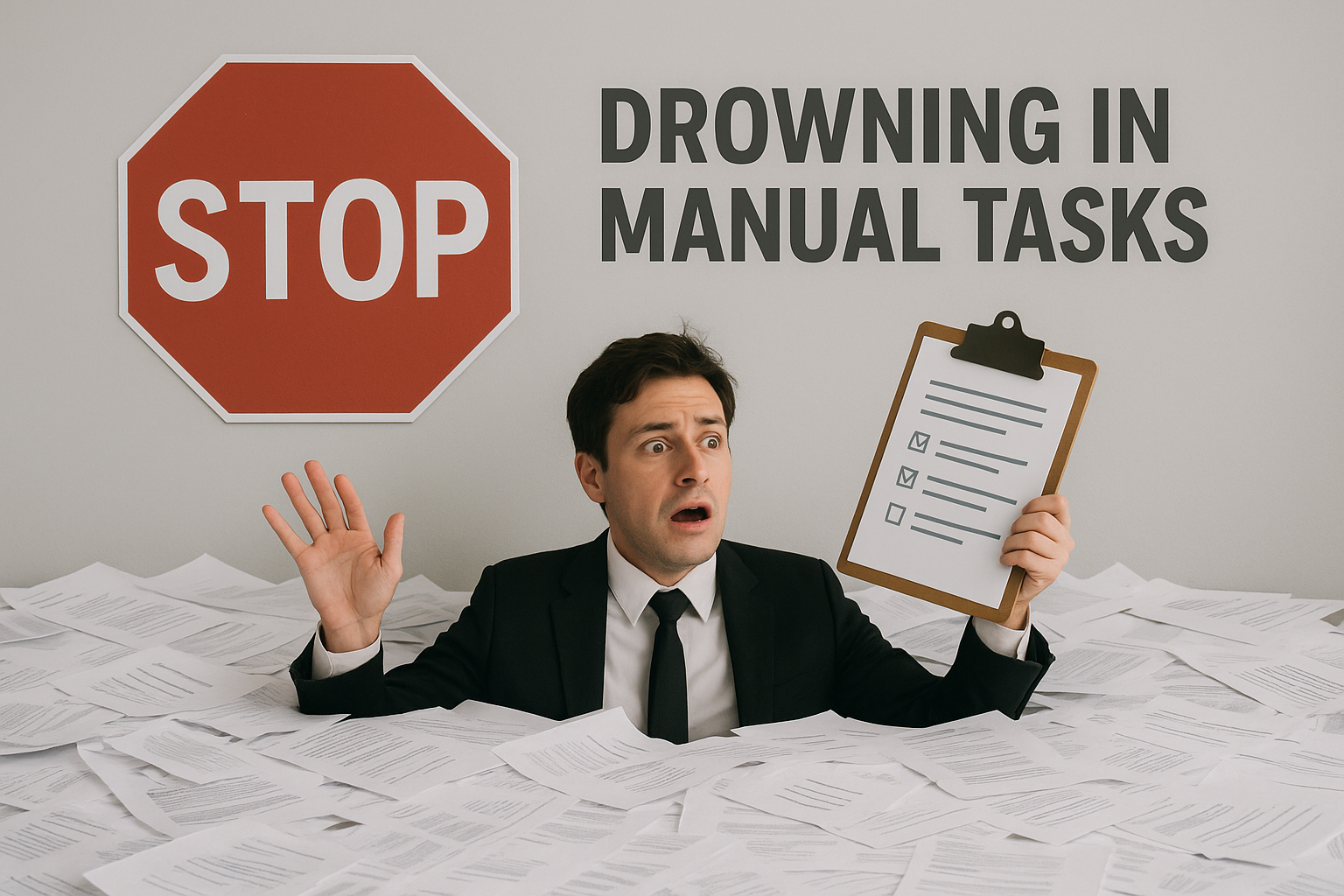
Do you have any amounts of offshore income you haven't declared to the ATO – perhaps interest from a foreign bank account? Even if it seems like a small amount, you must declare it. International data-sharing arrangements are making your overseas financial affairs increasingly transparent, so don't get caught out. Find out how foreign income is taxed and what you need to do.
The ATO is reminding taxpayers about their obligation to report foreign income, and it's keen to emphasise that its techniques for detecting offshore amounts are becoming increasingly effective. Cross-border cooperation between different tax jurisdictions means your financial information is being shared more than ever before – increasing the odds of your affairs being uncovered by the ATO.
Failing to report foreign income can attract penalties and ATO scrutiny of your broader tax affairs. Got any amounts you've overlooked? Now is a great time to get help from your tax adviser with making a disclosure.
How is foreign income taxed?
If you're an Australian resident for tax purposes, you're taxed on your worldwide income. This means you must declare all foreign income sources in your return. You should consider whether you've earned any amounts from:
- investments held overseas, such as dividends, rental income from properties and interest from bank deposits;
- overseas pensions;
- overseas employment, including salary and directors' fees; and
- the sale of offshore assets (ie capital gains).
What if you've already paid tax on the income overseas? You still need to declare it to the ATO. However, you may be able to claim an offset for the tax already paid in order to prevent double taxation.
It's a good idea to get assistance from a tax professional when declaring foreign income. All figures must be converted to Australian dollars according to particular exchange rate rules, and you may also need to apportion amounts that were earned in countries that don't have an income year ending 30 June. Your tax adviser can also help you calculate your available offset for foreign tax already paid, which is subject to a certain limit if your claim exceeds $1,000.
Are you a "resident"?
You're only taxed on your foreign income if you're an Australian resident for tax purposes. If you're a non-resident, you generally only pay tax on your Australian-sourced income.
Being an Australian resident for tax purposes is different to immigration concepts of residency, and your nationality is generally not relevant. So even if you aren't an Australian citizen or permanent resident, you could be a resident for tax purposes.
The main test for tax residency is whether you "reside" in Australia. There's no single factor that determines whether you meet this test.
Instead, it requires a weighing up of all relevant circumstances, including things like your intentions, your family and living arrangements, business and employment ties, and so on.
However, even if you don't currently "reside" in Australia for tax purposes, you may still be a resident for tax purposes under several alternative tests (including where both your "domicile" and permanent place of abode are maintained in Australia). Seek professional advice if you're in any doubt about your tax residency status.
Making a voluntary disclosure
If you think you may have omitted some foreign income from a previous tax return, you can make a voluntary disclosure to the ATO and pay any tax you owe. You'll often receive a reduction in ATO penalties and interest that would otherwise apply – and the outcome is generally much more favourable if you make this disclosure before the ATO commences an audit of your tax affairs. Given the ATO's increased powers to detect offshore amounts, taxpayers with unreported income should think seriously about the benefits of proactive disclosure.
Unsure about your foreign income?
Contact our office if you have any questions about tax residency, foreign income or making a voluntary disclosure. We'll help you navigate the rules to ensure your offshore financial affairs are sorted.









